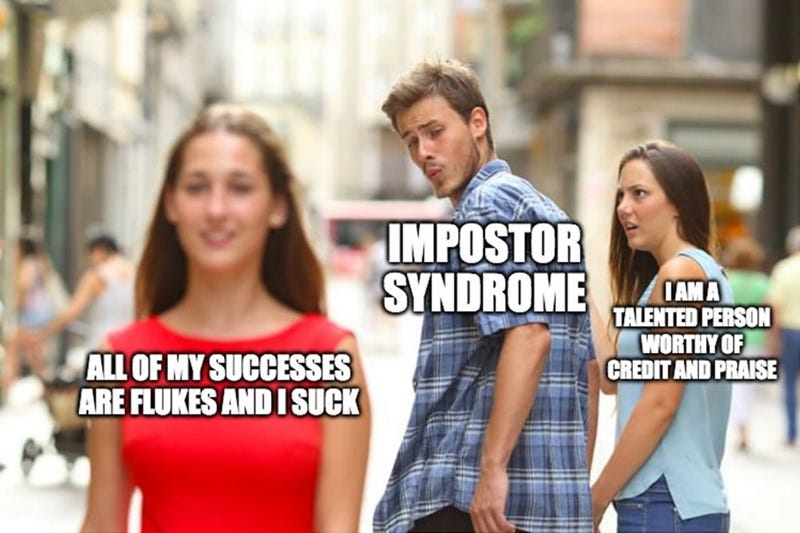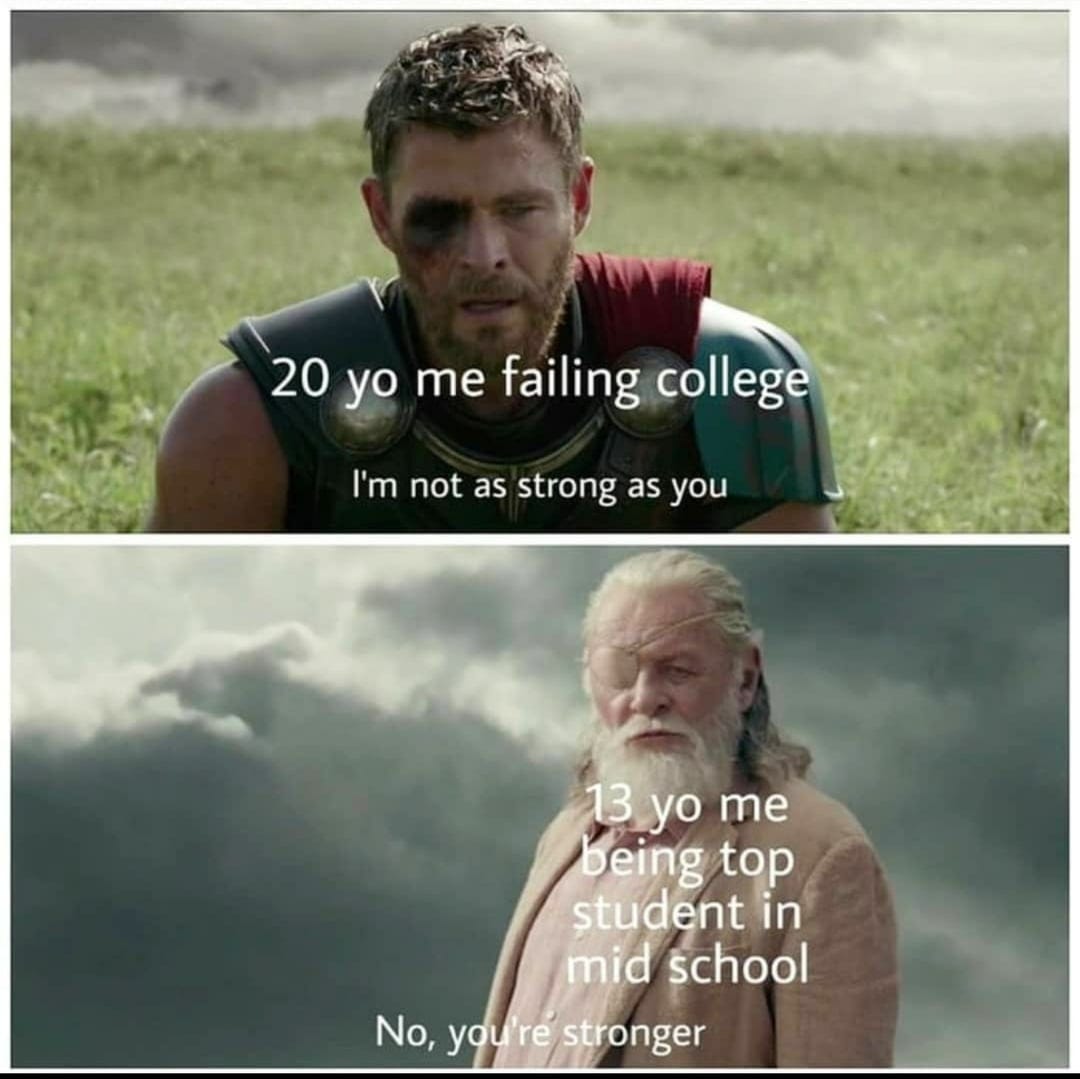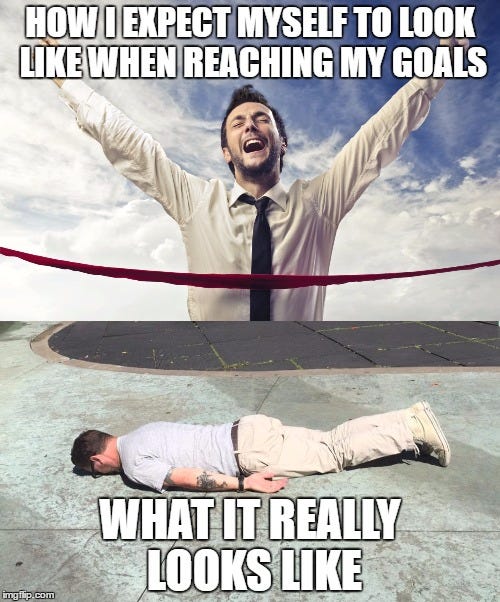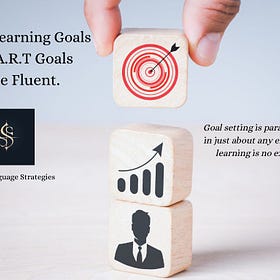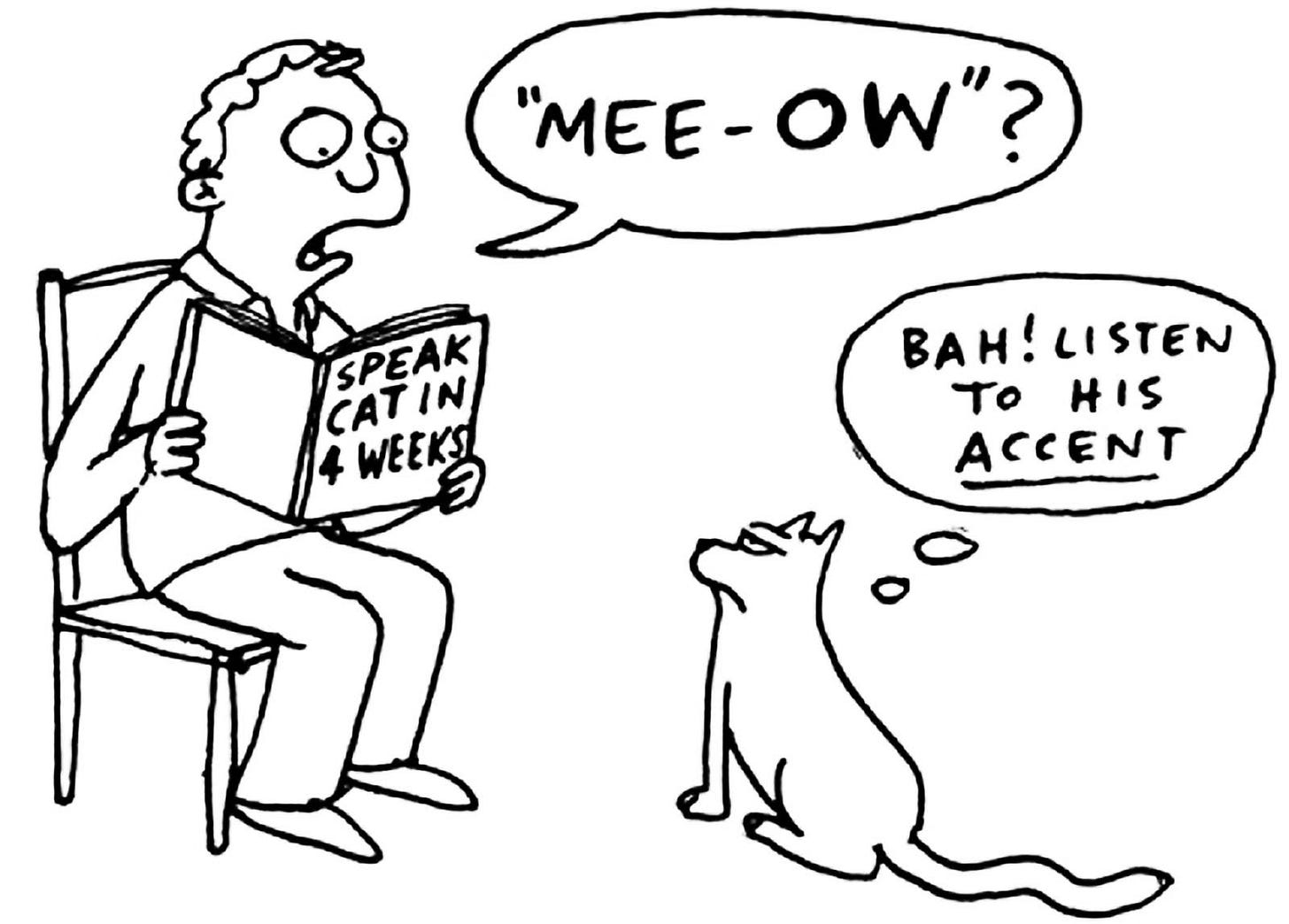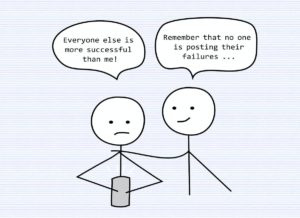You know what they say about ass...umptions
A key mistake many language learners make
Welcome, aspiring polyglot! For my 12 week classes, I always send out a midway course review form to make sure I can course correct if necessary for the second half of the class. One of the questions on a “strongly disagree” to “strongly agree” scale is, “I feel I have learned as much as I expected to learn in the first 6 weeks” and, almost universally, this questions is answered somewhere between “strongly disagree” and “neutral” which never felt good. Their explanation, though, always made me feel better.
I should know more
By far the most reported reason for feeling behind at week six is disappointment in one’s own learning abilities. I get it. To pretend that such a feeling is unwarranted or misplaced would be foolish. During my time learning languages I have often felt as though I should be further along. Should is very similar to a wish, though. Yes, I think everyone wishes they were further along in their language acquisition, but does that mean you really should be further along?
It is extremely easy to fall victim to the belief that you are a fast learner. Yes, it is absolutely possible that you can pick things up quickly, but that doesn’t necessarily equate to deeply learning something quickly. After all, when is the last time you truly sat down and mastered a new skill? Language acquisition is deeper than just learning. It necessitates physiological changes to the structure of your brain. Of course it takes longer than a month and a half.
Still, the logic of this statement will only temporarily override the emotion. So, how can you deal with the emotion to remain focused on the goal ahead? Simple. Start setting tangible goals. Part of the reason many language learners feel like they are not making progress is because they have no means by which to measure any progress they may make. If you do have things from the past you can look at to show you how far you’ve come, do that as well, but the past won’t cure the present.
Nothing has to be intimidating or imposing. However, you need to take a baseline. Figure out what you are doing on a daily basis or during your study sessions. How many pages do you read? How many sentences do you write? Do you focus on learning new vocabulary words? How many? Do you know all the tenses? How well? Are you watching any shows or movies? Can you? All of these things will give you a baseline to work from for your next goal.
Once you know where you are it is time to figure out where you are going. If you don’t know where to aim, you are going to have a difficult time hitting the target. For specific tips on goal setting in language acquisition, check out this article:
After you set your goals, track them for 21 days minimum and that should help you figure out what you “should” know. Unfortunately, many of the people reading this are working adults. That means you don’t have the time or lack of responsibility that allows young adults and children to learn with such ease. Over time you may get better. You may learn more efficient Second Language Strategies.
I sure hope you are. But they will not make it possible to master a new language in six or eight or even twelve weeks. In fact, with how much progress many people could make in their native language, it would be best to start viewing your language acquisition as a life long endeavor. That does not mean that you should wait forever to speak to someone. Only that you should forever be working to improve your command of every language you speak.
People are going to laugh
A shocking assumption many language learners make that I cannot quite understand, especially from those without the experience of having spoken to people in a different language, is that people are going to laugh at them. Ask yourself, have you ever thought of laughing in the face of someone who is trying to communicate with you in a language that is not native to them? Me neither.
Now, if you become friends with some people, then they may start to poke fun at you. That just means they no longer view you as a stranger. In any other circumstance this would be considered a good thing. After all, we don’t much make fun of the people in our lives we dislike. At least not to their faces. If people are joking with you and laughing they aren’t laughing at you, they are laughing with you and if you learn to laugh along you will make amazing connections.
Innocent mistakes lead to long lasting friendships. I’ve experienced it in every language I have ever learned. Even some mistakes that were intentional led to good laughs and long lasting memories. If you always assume people are waiting for you to fail, you rob people of the opportunity to display their humanity for you.
Meanwhile, discovering the humanity in people around the world is one of the most rewarding parts of learning a new language. Don’t rob yourself of unique experiences because you are afraid of looking foolish. People are far more gracious than we often give them credit for and, even in France, people are eager to speak their native language with someone who is taking the time and making the effort to learn it.
They would already be there
Finally, my least favorite assumption language learners make, “x would have already figured this out”. While markedly more rare, when something like this comes up it is difficult to overcome. Tracking your goals and progress is one way to make it a little easier, but if there is someone other than yourself with whom you are competing, learning anything becomes far less enjoyable.
This is true for many reasons not the least of which is how do you even know? Sure, this imaginary person living this imaginary life you created may be capable of learning in a way that no one else can, but how do you know that even in ideal circumstances they would be able to pull it off? The answer is you don’t. At the end of the day, even the sharpest person in the world struggles with something and you never know what that thing is.
Comparing yourself to other people will rob you of the joy of learning a new language. It should be engaging and fun and exciting and something you are eager to do every single day. But if you are constantly kicking yourself for being where you are it is quickly going to become an event you would rather avoid. Your timeline is your own.
Conclusion
Assuming you should know more than you do or that people are going to laugh at you when you try to speak to them in their native language or that others are better than you at languages is silly. Will there be times when you wish you would have started sooner or done more? Absolutely. Use that as motivation to not delay another second.
The last thing you want to do is look back in another year or two or five and say, “man, I wish I would have seen that through”. Staying focused through all the ups and downs is one of the most challenging parts of second language acquisition. But you can do difficult things and be great. So get out and do some difficult things and become great. I am rooting for you.
Requests
If you have anything you would like covered you can reach out to me on X, Instagram, or at odin@secondlanguagestrategies.com.
Additional Resources
Don't want to spend time playing catch up? Pick up the 3 Months to Conversational book now available on Amazon! 3 Months to Conversational
For more long form content be sure to check out the website and the FREE Language Learning PDFs we have available!
Subscribe for new content on YouTube and TikTok!
Learning Spanish? We have begun aggregating resources in you Spanish Resource Newsletter!
Don't forget to pick up your very own French Language Logbook or Spanish Language Logbook


